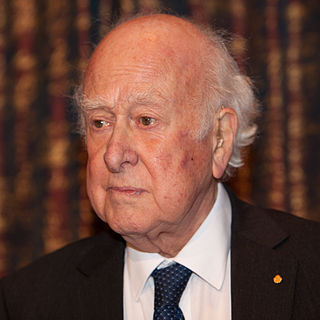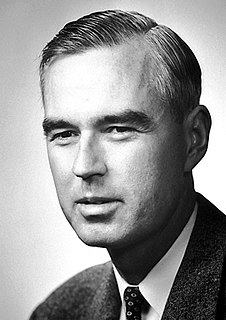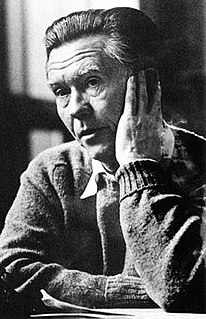A Quote by Peter Higgs
As a theoretician, I am proud to be part of a counter revolution... discovering that quantum field theory language was not dead and finished but had not really been explored thoroughly enough.
Related Quotes
So far as a man may be proud of a religion rooted in humility, I am very proud of my religion; I am especially proud of those parts of it that are most commonly called superstition. I am proud of being fettered by antiquated dogmas and enslaved by dead creeds (as my journalistic friends repeat with so much pertinacity), for I know very well that it is the heretical creeds that are dead, and that it is only the reasonable dogma that lives long enough to be called antiquated.
I have this feeling of wending my way or plundering through a mysterious jungle of possibilities when I am writing. This jungle has not been explored by previous writers. It never will be explored. It's endlessly varying as we progress through the experience of time. These words that occur to me come out of my relation to the language which is developing even as I am using it.
The incomplete knowledge of a system must be an essential part of every formulation in quantum theory. Quantum theoretical laws must be of a statistical kind. To give an example: we know that the radium atom emits alpha-radiation. Quantum theory can give us an indication of the probability that the alpha-particle will leave the nucleus in unit time, but it cannot predict at what precise point in time the emission will occur, for this is uncertain in principle.
By far the most important consequence of the conceptual revolution brought about in physics by relativity and quantum theory lies not in such details as that meter sticks shorten when they move or that simultaneous position and momentum have no meaning, but in the insight that we had not been using our minds properly and that it is important to find out how to do so.


































